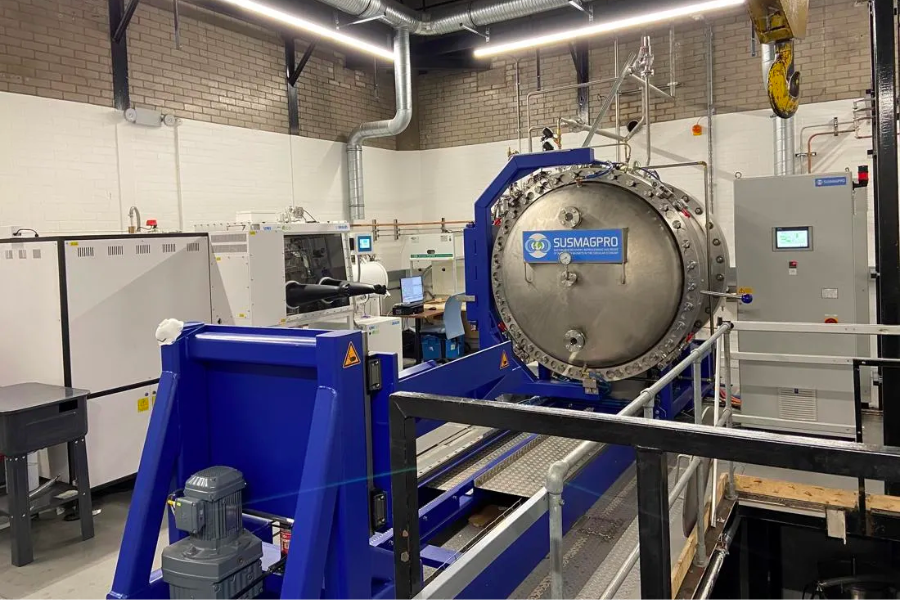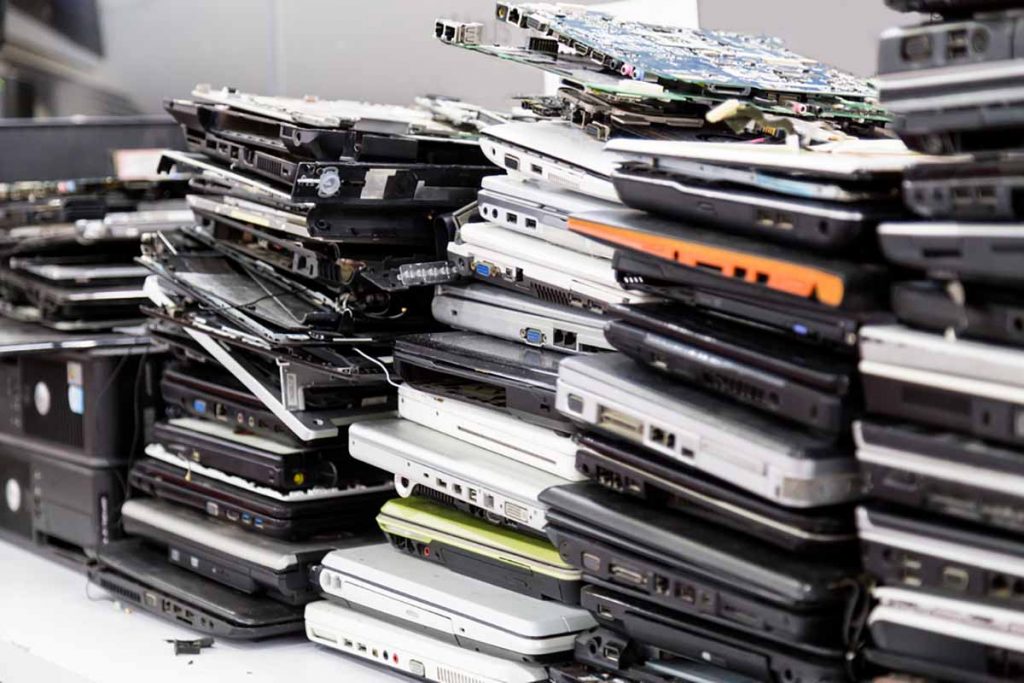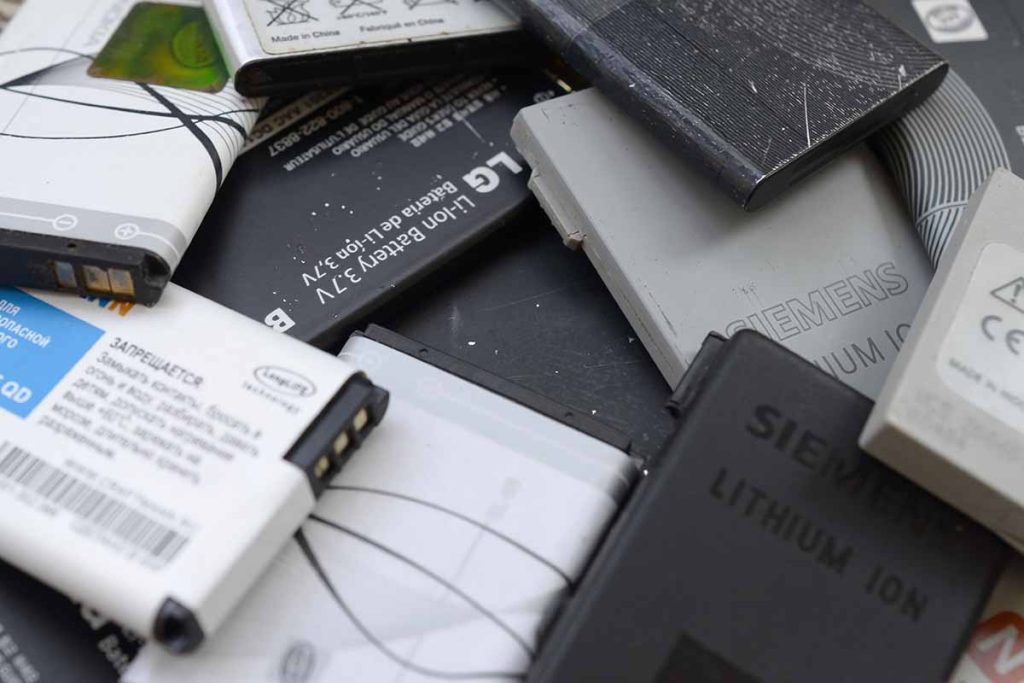
The recently released material is derived from small domestic appliances collected in the U.K. and the broader EU. | Courtesy of EMR Group
MBA Polymers UK has released a recycled content polymer in response to increased demand from electronics, automotive and cosmetics manufacturers. Continue Reading






 A U.K. telecom works to provide needy people with used phones, and Indian authorities intercept thousands of illegally imported used copy machines.
A U.K. telecom works to provide needy people with used phones, and Indian authorities intercept thousands of illegally imported used copy machines.
